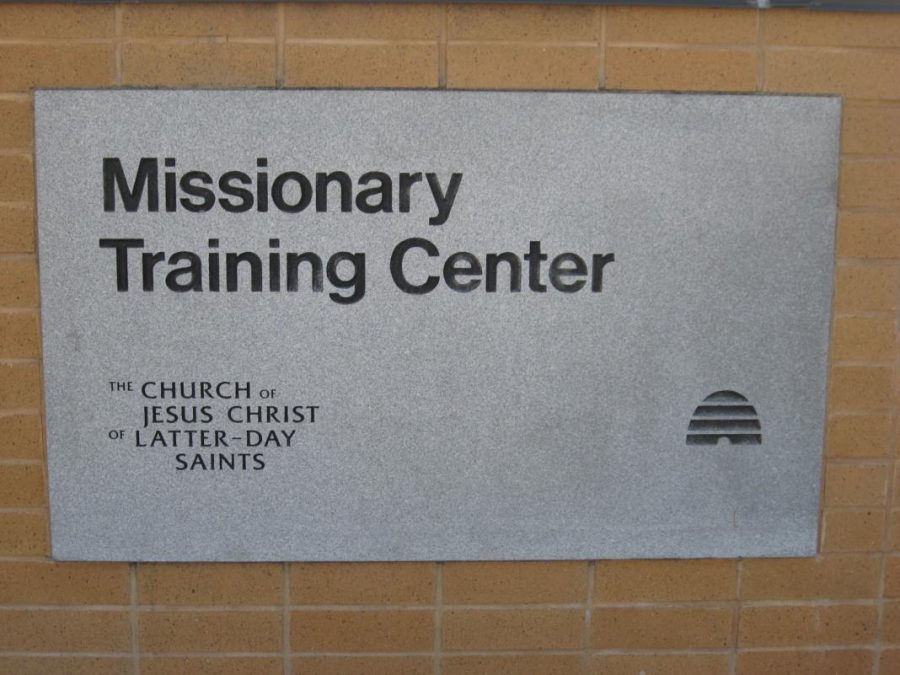Last fall, the Church of Jesus Christ of Latter-Day Saints unveiled 16 standardized interview questions for young adults interested in serving as missionaries for their church. These questions, designed to determine if candidates are prepared physically, mentally, socially and spiritually to represent the LDS church, range from the applicant’s belief in Jesus Christ to their financial situation. As bishops, local lay leaders who conduct these interviews, previously only received general guidelines about what to ask potential missionaries, these questions garnered some media attention. Question eight, “Have you ever sexually abused a child in any way, regardless of whether or not you were charged, you were convicted, or the record was expunged?” appeared in The Salt Lake Tribune where LDS columnist Robert Kirby wrote, “This is an excellent question to put to a prospective representative of Jesus Christ … However, an excellent follow-up question here would be, “Have you ever been sexually abused… in any way, regardless of whether or not the perpetrator was a church leader?” With the disturbing revelation of sexual abuse within the LDS Church earlier this month, the most important question members need to be asking is how predators who utilize their positions of power within the church to prey on victims are held accountable in our community.
In 2002, The Boston Globe broke the story of sexual abuse within the Catholic Church, focusing in on former priest John J. Geoghan and how cardinals, aware of the sexual misconduct, habitually reassigned Geoghan to protect him and the church from scandal. In their zeal to preserve the reputation of the church and Geoghan, the archdioceses failed to protect Geoghan’s victims, boys as young as four years old. Richard Sipe, a former priest and psychotherapist who was quoted in the article, has long believed the Catholic Church has been too slow when dealing with priests who molest children. According to him, “the church defied its own most basic values of protecting the young and fostering celibacy.”
The sex scandal, which rocked the Catholic community in Boston, is eerily similar to the Joseph L. Bishop scandal unfolding in my own religious community. This past December, over 30 years after the abuse took place, a former Provo MTC President admitted on tape that he had a sexual addiction and improperly touched at least one sister missionary under his care. Three days later, he confessed to Brigham Young University Police that he had asked a different sister missionary to expose her breasts while he was serving as her mission president. When discussing the same interaction with BYU police, the woman described Bishop ripping her blouse, pulling down her remaining clothes and raping her. While Bishop claims this encounter was consensual, it cannot be, as his authority position gave him power over her. While the abuse had been reported as early as 1987, Bishop is only now being exposed as a predator and being held accountable due to his taped confession.
As a young, female member of the Church of Jesus Christ of Latter-Day Saints, I am deeply disturbed ” … to learn of incidents where those entrusted with sacred responsibilities violate God’s commandments and harm others,” but mostly I am angry. I am angry that one of Bishop’s victims was not believed when she told a local church leader of the assault in 1987. I am angry that Bishop served in capacities that gave him power and access to victims. I am angry that my belief that our leaders need to be held accountable may lead to some readers questioning my religious convictions. However, I am hopeful. The LDS church just announced policy changes that will allow children and women to be accompanied in religious interviews, traditionally one-on-one interactions, in an attempt to reduce opportunities for predators to isolate and abuse victims. Faithful LDS members will be respectfully marching this Friday to bring attention to sexually explicit conversations that can occur between children and priesthood officials behind closed doors and then will spend the rest of the weekend listening to General Conference. As our church officials pair prayers with action, members also have the responsibility to question inappropriate behavior to protect our vulnerable brothers and sisters.




MWundo • Apr 5, 2018 at 10:14 am
I like the piece, and it was well-balanced. However, I think there is a misconception today with the explosion of #metoo stories finally coming to light. The statement that consent cannot exist because someone has power or authority over the other in a sexual encounter and is, therefore, rape is actually inaccurate. It is inappropriate to wield that authority to push girls and boys into those situations, and in many cases, it is rape if they threaten some sort of punishment if they don’t have sex. However, if it is, in fact, consensual, regardless of the status of either party, then it is not rape. I am not defending Bishop in any way, his actions are deplorable and despicable. However, we cannot just start assuming that power over another person de facto means the person with lesser power was raped.